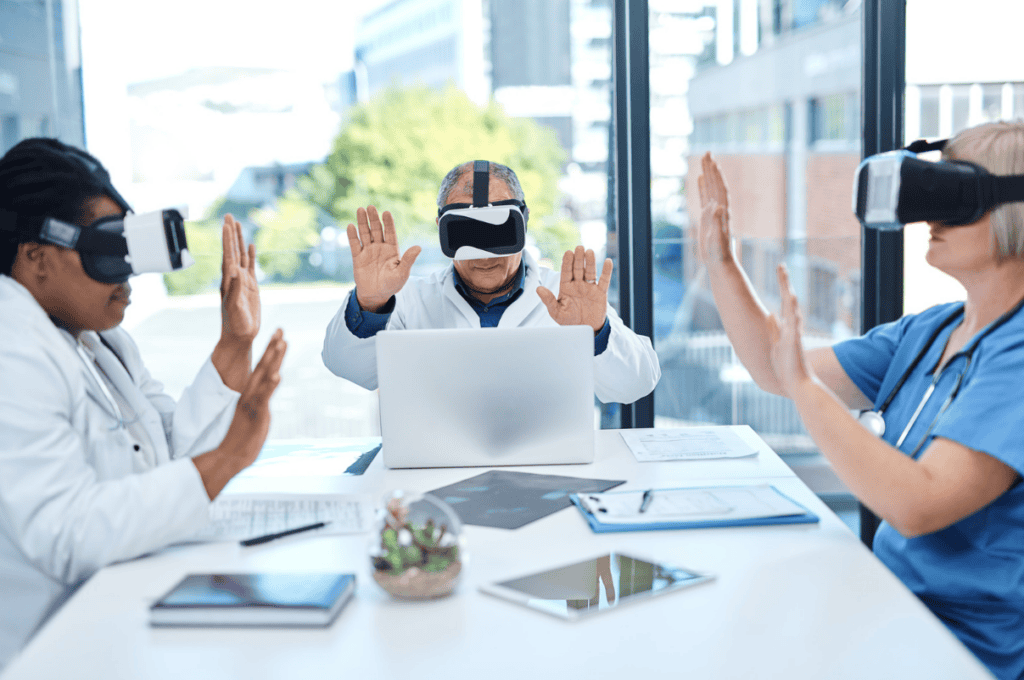In today’s interconnected world, English proficiency has evolved from being a simple skill to a significant career asset. Many employers now require candidates to demonstrate their language abilities through internationally recognized tests such as IELTS, TOEFL, or Cambridge exams. But what do these English proficiency test results really mean for your career prospects?
Let’s delve into the implications of your English proficiency test scores and how you can leverage them to advance professionally.
Decoding Your Test Results
English proficiency tests typically assess skills in reading, writing, listening, and speaking, providing an overall score as well as section-specific results. For instance, industries such as customer service or sales often value high speaking scores to ensure effective verbal communication with clients, while roles in academia or research may prioritize strong writing scores for report drafting and publishing. These scores are more than just numbers; they reflect your ability to communicate effectively in professional settings.
Band Scores and Their Significance
- Basic Proficiency (CEFR A1-A2 or IELTS Band 4-5): These scores indicate foundational knowledge of English. While suitable for entry-level positions or roles that require minimal interaction in English, you may need to improve for more complex tasks.
- Intermediate Proficiency (CEFR B1-B2 or IELTS Band 5.5-6.5): This level is often sufficient for roles requiring regular communication, such as customer service or administrative positions. It signals you can handle everyday work tasks with some supervision.
- Advanced Proficiency (CEFR C1-C2 or IELTS Band 7-9): High scores suggest you’re fluent and can perform in leadership roles, negotiate contracts, or deliver presentations. Employers often view these scores as proof of readiness for global opportunities.

How Employers Interpret Your Scores
- Communication Skills
Employers value candidates who can articulate ideas clearly and professionally, especially in industries like marketing, sales, or consulting. For example, customer service representatives rely on effective communication to resolve issues, while sales professionals need persuasive language skills to close deals.
- Cultural Adaptability
A high score indicates not only linguistic ability but also your potential to navigate multicultural environments effectively. Industries such as hospitality, tourism, and international business often seek candidates with these capabilities.
- Learning Potential
Strong language skills often suggest you’re a quick learner and adaptable—qualities that are invaluable in any workplace. Fields like IT and engineering, where new technologies and methodologies constantly emerge, highly value these traits.
- Communication Skills
Employers value candidates who can articulate ideas clearly and professionally, especially in industries like marketing, sales, or consulting.
- Cultural Adaptability
A high score indicates not only linguistic ability but also your potential to navigate multicultural environments effectively.
- Learning Potential
Strong language skills often suggest you’re a quick learner and adaptable—qualities that are invaluable in any workplace.
Boosting Your Career with Your Results
Even if your scores aren’t as high as you’d hoped, they’re still a starting point. Here’s how to use them to your advantage:
Highlight Your Strengths
When applying for jobs, emphasize the areas where you performed well. For example, a high speaking score can showcase your suitability for roles requiring verbal communication.
Address Your Weaknesses
Identify areas for improvement and take steps to enhance them. Consider enrolling in online courses tailored to specific skills, such as writing or speaking, or joining language exchange programs to practice conversational English.
Additionally, apps like Duolingo or platforms like Coursera and edX offer structured lessons that can help target weaker areas effectively. Employers appreciate candidates who demonstrate a commitment to self-improvement.
Showcase Your Certification
Include your test scores and certification details in your resume and LinkedIn profile. They serve as tangible proof of your skills, especially for international roles.

Beyond the Scores
While test results are essential, they’re not the sole indicator of success. Employers also value:
- Practical Experience
Real-world use of English in internships, jobs, or volunteer work carries significant weight.
- Soft Skills
Traits like teamwork, adaptability, and problem-solving often surpass test scores in importance.
- Continuous Learning
Regular practice and additional training, such as business English courses, show your dedication to growth.
The Global Advantage
Achieving high proficiency in English opens doors to international careers, from working in multinational corporations to pursuing education abroad. Countries like the United States, Canada, and Australia often require strong English skills for professional roles, while industries such as IT, finance, and healthcare highly value fluency for effective collaboration and global communication. It also equips you to thrive in an increasingly digital world where English dominates as the lingua franca.
Final Thoughts
Your English proficiency test results are more than a certification; they’re a reflection of your potential. Whether your scores are modest or stellar, what matters most is how you use them to build your career. By continuously improving and showcasing your skills, you can unlock opportunities that take you closer to your professional goals.
Remember, proficiency is a journey, not a destination. With the right mindset and effort, you can make your test results a stepping stone to a brighter future.
English Proficiency Test – FAQs
1. What are the most common English proficiency tests, and how do they differ?
The most common tests include IELTS, TOEFL, Cambridge exams, and TESTIZER. IELTS focuses on British English and is widely used for immigration and academic purposes. TOEFL is primarily used for U.S.-based academic institutions, emphasizing American English.
Cambridge exams provide lifelong certifications for various proficiency levels, suitable for both professional and academic contexts. TESTIZER offers high-quality language assessment. Their certificate provides credible proof of expertise, enhancing your profile for job opportunities and professional growth (read more).
2. What is considered a “good” English proficiency score for global opportunities?
For international career opportunities, an IELTS score of 7.0 or above, a TOEFL iBT score above 100, or a Cambridge C1 Advanced certificate is often considered competitive. These levels indicate advanced proficiency suitable for leadership and professional roles.
3. How do English proficiency test scores impact job applications in specific industries?
- IT and Technology: Strong reading and writing skills for technical documentation and collaboration.
- Tourism and Hospitality: High speaking and listening scores for client interaction.
- Healthcare: Clear communication skills for patient care and collaboration with international teams.
- Finance: Strong overall proficiency for negotiation, reporting, and presentations.
4. Can I improve my test scores while working full-time?
Yes, leveraging flexible resources like online courses (Coursera, edX) or apps (Duolingo, Babbel) allows professionals to enhance their skills at their own pace. Joining conversation clubs or finding language exchange partners can also be effective.
5. Do all employers value English test scores equally?
No, the importance of test scores varies. Multinational corporations or roles with global responsibilities prioritize them, while smaller, local firms may focus more on practical experience and soft skills.
6. How can I explain lower scores in an interview?
Be honest about your journey. Emphasize your commitment to improvement and provide examples of how you’re working to enhance your skills, such as ongoing courses or using English in real-world scenarios.
7. Is it worth retaking a proficiency test if I didn’t achieve my desired score?
Retaking a test is worthwhile if a higher score is required for specific career goals or immigration. Focus on improving weaker areas and consider professional coaching or intensive prep courses before retesting.
8. Which countries prioritize English proficiency for work visas?
Countries like Canada, Australia, New Zealand, and the UK often require proof of English proficiency for work or residency visas, with specific minimum scores depending on the visa category.
9. What other certifications can supplement English proficiency test scores?
Business English certifications (e.g., BULATS) or specialized courses in sectors like healthcare or IT can enhance your resume and demonstrate domain-specific language skills.
10. Does proficiency in English lead to higher salaries?
In many cases, yes. Professionals with strong English skills often command higher salaries due to their ability to communicate effectively in global markets and work on international projects.





























